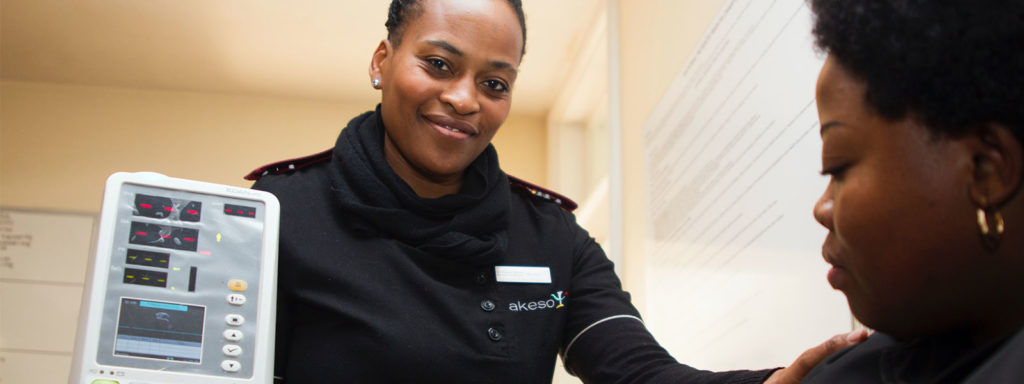
In order to address South Africa’s maternal and infant mortality and morbidity rates, patient and community-level preventable factors need to be identified and addressed. However, there are few rigorously implemented and tested studies in low- and middle-income countries that evaluate the impact of community-level interventions on maternal and infant health outcomes.









